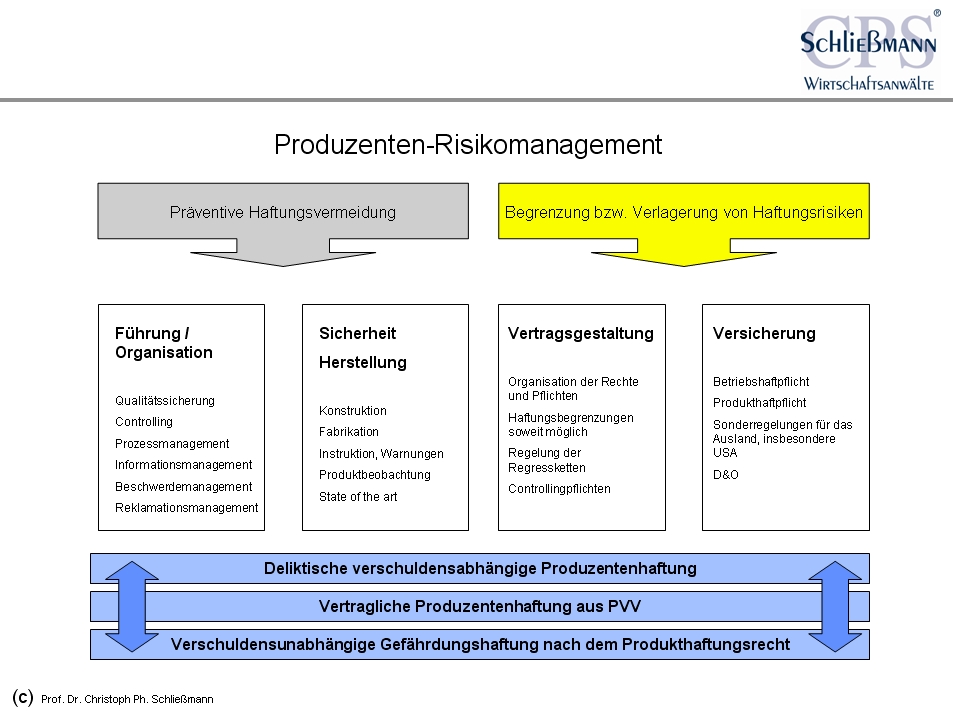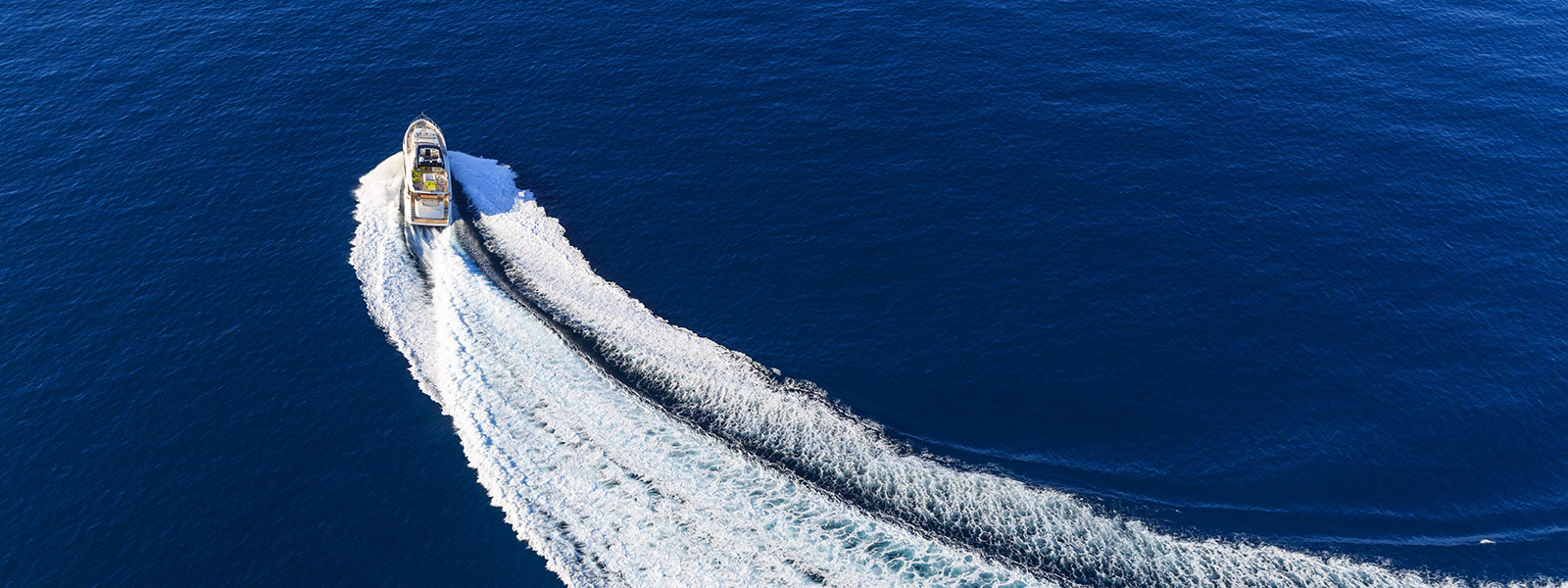Liability law and product liability for yacht manufacturers
Liability risks act as a constraint and jeopardise both your image and your profits.
The fierce degree of competition which exists between manufacturers and distributors of products or services is forcing both parties to adopt ever more extensive and innovative marketing measures. Although targeted service commitments provide a suitable vehicle for customer acquisition, they also harbour new and unforeseen liability risks. For this reason, we can also handle such topics as “purchase agreement warranties”, “contractor, manufacturer and retailer duties” and “liability disclaimers/General Terms and Conditions” on your behalf.
Nurturing and shaping customer relations
Notifications of defects, complaints, recalls – perhaps these are aspects with which you are also familiar. Legally watertight complaints management and the networking of such a complaints system with internal quality management help close the gap between emotional and subjective customer expectations and the service commitment of the company. We create clear stipulations for dealing with dissatisfied customers from a legal, organisational, communications psychology and business point of view.
Product and manufacturer liability within a globalised world
This can be summarised as the legal aspects of quality management. If companies are permitted to launch all kind of products, including highly hazardous goods, both producers and sales partners have a duty to ensure that defective products do not cause damage. Poor construction, errors in organisation and production, non-compliance with technical standards, safety defects, negligent instructions and inadequate or absent warning notices can all rapidly lead to liability for consequential damage.
Absolute tortious liability for manufacturers and the danger of being exposed to strict liability pursuant to product liability law open up considerable risks for companies. In high-risk countries such as the USA, liability can rapidly reach such dimensions as to jeopardise continued existence. This makes it even more important for manufacturers to be able to avoid product risks in an efficient manner via careful management and monitoring of production processes.
What’s the big deal?
Global added-value chains and the wide-ranging opportunities and distortions of international competition mean that manufacturers are confronted with a series of new legal, business and organisational issues.
- What are my duties as a manufacturer to avoid development or construction defects?
- What are the safety standards with which I need to comply?
- What are my organisational and market surveillance duties in terms of ensuring that my products remain state-of-the-art?
- What instruction duties and warning notices are required and how should operating instructions be formulated in this regard?
- Can I limit or exclude liability risks? How can I do this within the international arena?
- What are the consequences of breaches of technical standards or of industrial property law?
- What burden of proof am I required to provide?
- How do I manage product recalls?
- What opportunities for redress exist and how can these be addressed legally?
- What is the nature of manufacturer liability if production takes place via a process of division of labour in which value-added chains and distribution may be spread across more than one country?
Quality assurance agreements ensure the legally secure shifting of risk
Increasing numbers of manufacturing companies are concluding quality assurance agreements with their suppliers and customers in order to be able to counter constantly increasing liability risks in a more controlled way.
We are able to provide you with comprehensive advice and support on all matters relating to manufacturer and product liability and on the structuring of suitable quality assurance systems.
New laws and a number of decisions in the areas of product liability, manufacturer’s liability and the contractual liability calls for action within the scope of individual risk management. Elaborate quality assurance agreements
- increase the transparency of laws and duties of all the persons involved in value adding
- help in loss prevention through clear functional and responsibility allocation
- arrange for obligations to produce proof
- clearly assign duties to objection and thus burden of proof and
- divide the liability risk properly between the manufacturers, suppliers and buyers
Many-a-times, manufacturers wish to spare themselves the receipt inspections and shift the responsibility of quality checking on the suppliers before the delivery of goods.
- We support and guide you comprehensively in all queries regarding manufacturer’s and product liability as well as the organisation of suitable quality assurance systems.
- For more information, please read our articles on quality Management
Reputation is the greatest property of a company
Public opinion is like a crusade of lemmings: It begins erratically, develops rapidly and Ends mortally: rumours, rival attacks, quality problems, customer complaints and product recalls…
Companies need a collateral professional publicity in order to avoid reputation damages. It could affect a production company on any given day; public prejudices quickly harm the reputation.
“No comments” as defence measure is worse than false apologies, disclaimers or accusation. The one who
creates a good image in crisis proves his/her competence in solving Problems and gains trust.
We are here to help you
- to protect your public image.
- to consider any transaction, gesture or statement – online as well as offline.
- in case of tactical matters: to involve in publicity or keep a low profile?
- in developing a line of arguments and clear messages with regard to the problem – and mainly its solution – in a catchy language understood by laymen.

